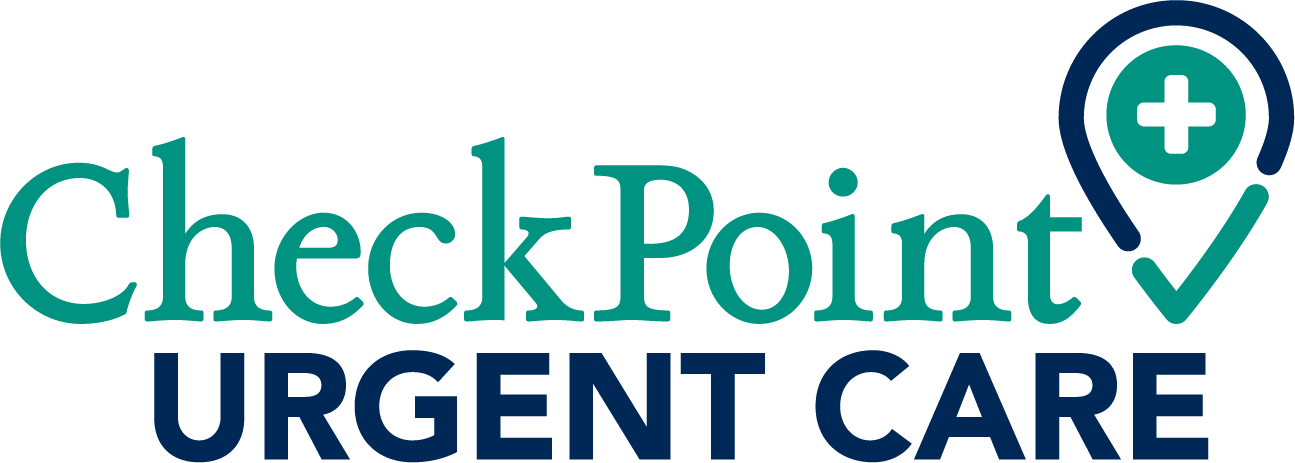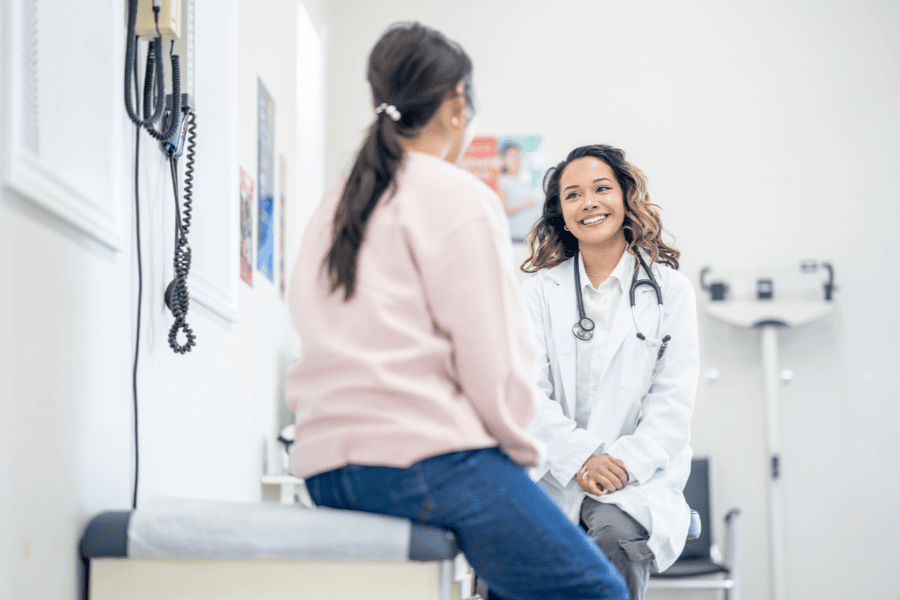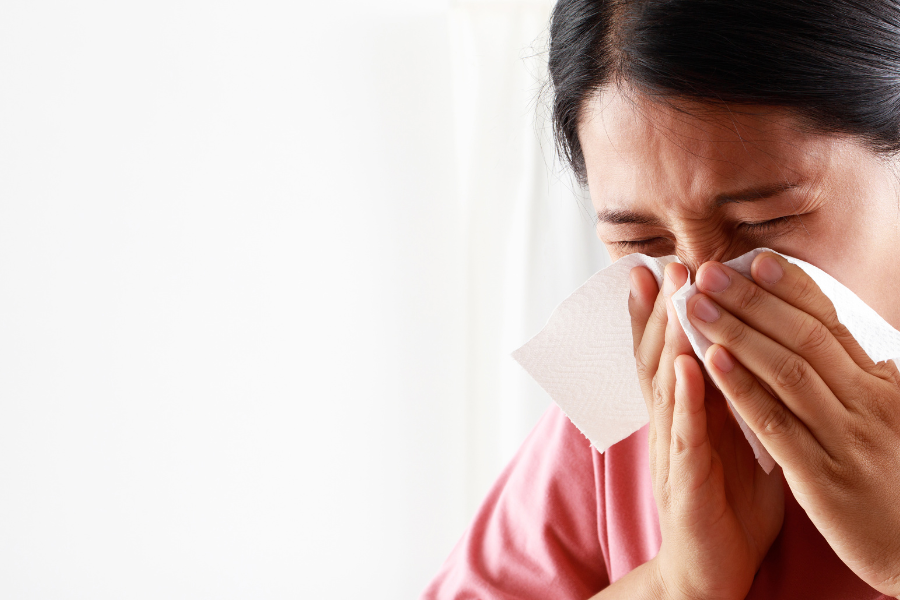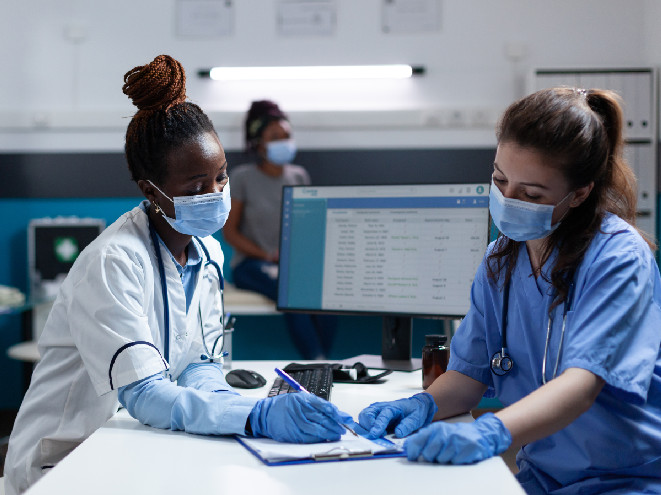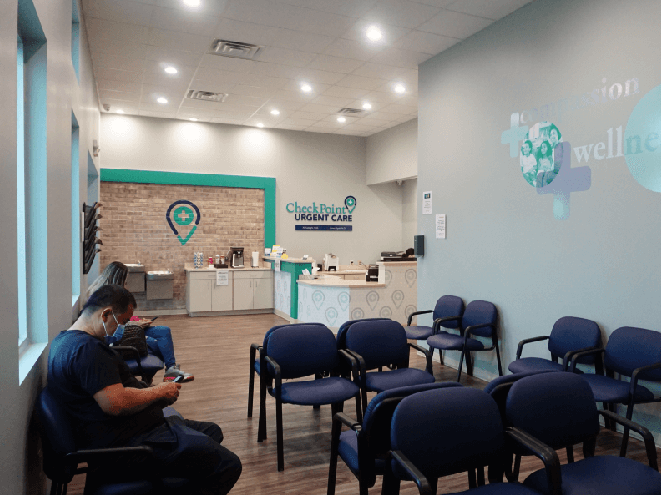Even if you’re feeling healthy, it’s crucial for women to undergo routine health screenings for a multitude of reasons. These visits serve several important purposes: they help in screening for medical issues, assess your risk for future health problems, ensure your vaccinations are up to date, and encourage a healthy lifestyle by suggesting lifestyle changes, among other benefits. Women’s health needs are both complex and unique, changing as we age. For this reason, trusting experts like those at CheckPoint Urgent Care for your essential women’s health screenings is vital.
Recommended Screenings for Women’s Health
Screenings are designed to detect hidden illnesses in otherwise healthy people. Some experts differ on which screenings and tests you should have and at what time, but a good guide can be found with the United States Preventive Services Task Force, which is made up of an independent panel of experts. The recommended list of screenings and tests can vary as you get older, and it’s one of many reasons to have an established relationship with a primary care provider, like one at CheckPoint Urgent Care, who can make recommendations based on your history, family history, age, and other factors.
General Health Screenings
Regular checkups can help avoid problems in the future. For example, the only way to determine if you have high blood pressure is to have it regularly checked. Symptoms from high cholesterol and high blood sugar may not present themselves in early stages. Having it checked can detect if you’re at risk. Women 18- 39 should follow these screening guidelines from the U.S. Preventive Services Task Force:
- Blood Pressure Screenings- normal blood pressure is 120 over 80, but certain factors may affect your risk, like family history and other existing medical conditions
- Cholesterol Screenings- for women with known risk factors of coronary heart disease, cholesterol screenings should start at age 20. If no risk factors are present, age 45 is the recommended age for screenings
- Diabetes Screenings – for women with no family history or little risk, diabetes screenings should begin at age 35 and then be retested every 3 years. Screenings may begin earlier for women with high blood pressure, prediabetes, or a family history of diabetes
- Dental Exams- women should be visiting the dentist at minimum twice a year for cleanings and exams. A dentist can make recommendations for more frequent visits based on your evaluation
- Eye Exams- before age 40, women should have an eye exam every 5- 10 years. However, for women with vision problems or those who wear glasses or contacts, your provider can recommend a schedule
- Immunizations- some immunizations need updating every year, like the flu shot. Tetanus-diphtheria (T-dap) requires a booster every 10 years. Ask your provider for a recommended schedule and for a full list of immunizations you may need to catch up on
- Infectious Disease Testing- depending on your lifestyle and medical history screening for HIV, syphilis and other diseases may be recommended. Generally, sexually active women should be screened for gonorrhea and chlamydia until age 25, and those over 25 should be screened if at high risk.
Physical Exams
All adults should have an annual physical exam with their primary care physician, even if they are overall healthy. In addition to screening for diseases, updating vaccinations, and encouraging a healthy lifestyle, your provider should:
- Record your weight, height, and BMI
- Screen for depression and anxiety
- Ask about alcohol and tobacco use
- Ask about any medications you’re taking
Women’s Health Screenings
Women have unique health needs, risks, and are predisposed to a unique set of diseases and illnesses. Women should consider the following screenings to maintain a healthy life and learn of any risks:
- Cervical Cancer Screenings– screenings for cervical cancer should start at age 21 unless otherwise recommended. Women ages 21- 29 should have a pap smear every 3 years. Women ages 30- 65 should be screened with either a pap smear every 3 years, an HPV test every 5 years or both tests every 5 years in a method called cotesting
- Breast Cancer Screenings– mammograms are generally not recommended for women under 40. However, testing may begin earlier if you have a family history of breast cancer or have genetic markers for breast cancer
Health Screenings for Women Aged 40- 60
As women age, they are at risk for unique health issues. As a woman ages, new screenings are recommended and routine screenings may increase. Use the below as a guide, but talk with your primary care physician to set your unique care plan.
- Bone Density Screenings – women aged 50- 64 should discuss screening for osteoporosis with their doctor. Certain risk factors include alcohol and tobacco use, low body weight, having fractures after age 50 and a family history of hip fractures and osteoporosis
- Lung Cancer Screenings – women who are aged 50- 80, have a 20+ year history of smoking and have quit within the last 15 years should have annual lung cancer screenings
- Colorectal Cancer Screenings – women ages 45- 75 should be screened for colorectal cancer. Several testing methods are available including a stool-based fecal occult blood or fecal immunochemical test every year, virtual colonoscopy (CT colonoscopy) and general colonoscopy
Trust CheckPoint Urgent Care for Your Women’s Health Screenings
No matter your age, the professionals at CheckPoint Urgent Care are here to be your partners in health. Let us be your trusted team when it comes to your unique women’s health needs. Contact us today to schedule an appointment.
